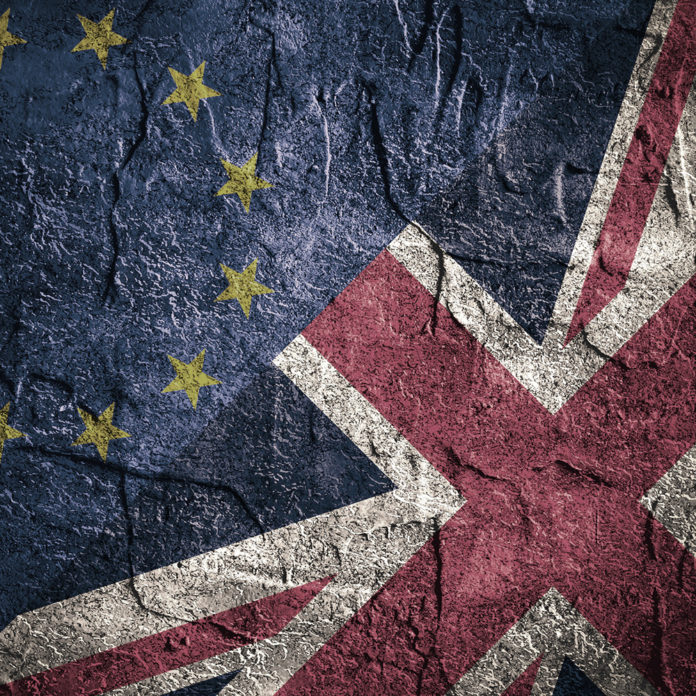
As I write this, the United Kingdom (UK) is less than 24 hours away from a historic referendum.
As some of you read this, Brits are already casting their votes on whether their country should leave or remain in the European Union (EU). This choice has been dubbed the “Brexit debate”.
The idea of holding a referendum – a vote to decide on a matter, offered to the citizens of a country – was first introduced by UK prime minister David Cameron during the election campaign last year.
It is believed Cameron promised a referendum in an attempt to unite a divided Conservative Party, which he leads.
It would appear this idea, while great at the time, has proven to be much harder to execute.
Since announcing the referendum, Cameron has faced opposition from many fronts as people campaigned to leave the EU, mainly arguing that British sovereignty had been diminished by the EU’s involvement in its affairs. It is a campaign largely calling for Brits to be patriotic and put their country first, arguing that the EU had taken more than it had given back.
The opposition has not only come from other political parties or opponents, but from within Cameron’s cabinet ministers and members of parliament, most notably the former mayor of London, Boris Johnson.
Johnson has led an aggressive campaign to leave the EU. And it would seem this has been somewhat effective as current polls (as of today, 22 June 2016), still speculate the race is neck and neck.
A columnist speculated that if the Leave camp were to win, surely Cameron would be under pressure to resign as Prime Minister and hand over the reins to Boris. I am not sure about that – we will have to wait and see.
The argument to remain in the EU is as follows:
The EU was set up for various reasons, but one core idea was the economic benefit that could be derived by member states.
Members of this body enjoy travel, trade, and other business benefits that outsiders would have to negotiate to enjoy or be entirely left out. The UK is part of this group, and enjoys benefits in the form of travel, trade, and perhaps political influence.
How does this matter to Africa?
If the UK benefits from EU membership and can build a strong economy on this, then Africa benefits. When the UK’s economy is strong, it has more to spend on trade and imports from Africa. A strong currency helps, too. A strong economy also means Britons have more income at their disposal to participate in the word we love to hear as Africa: tourism.
I cannot over-emphasise how important this is to many African economies. And when tourists are in our countries, they do what we need them to do – spend a lot of money, giving us jobs and ultimately growing our economies.
Furthermore, some African countries benefit from trade relations tied to EU-British agreements. If the UK were to leave the EU, we could potentially be in big trouble.
Should we be entirely dependent on the UK and EU relations to survive economically? No, and we aren’t.
But in a rapidly globalising world, our economies are inevitably linked – we need one another to achieve economic objectives.
Ask the Venezuelans how they feel about standing in food queues for hours or days on end due to shocking and illogical political and economic policies. Ask the Zimbabweans and Cubans what sanctions do to an economy. They’ll tell you petrol queues or cashless banks don’t make for good economic growth or a happy population.
What happens in the Brexit vote should concern us.
Take it from a continent that is trying to etch its way into the global economic playing field: It’s not very easy when you have to go at it alone, especially given the socio-economic need facing millions of Africans.
Society hinges on this: functioning and growing economies.
We will be paying attention as Britain decides.
